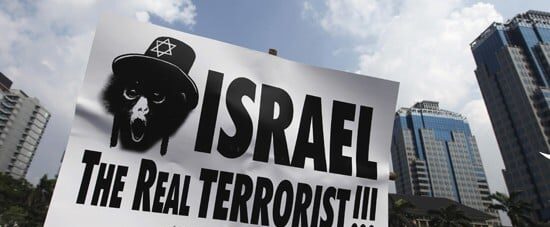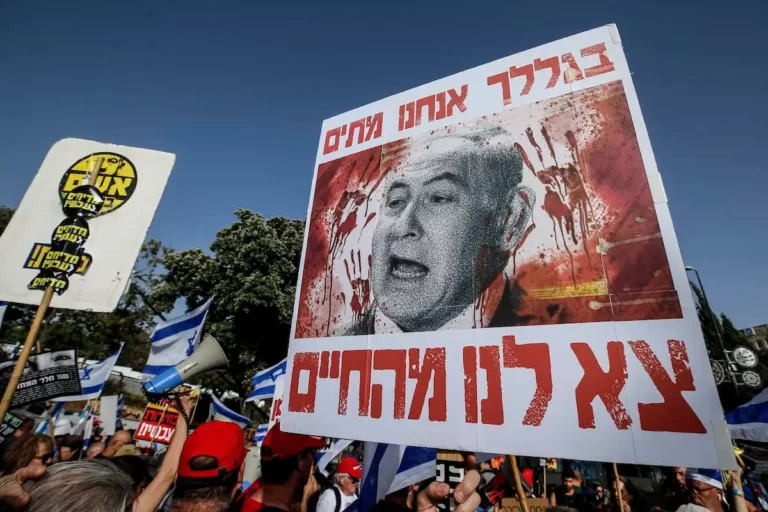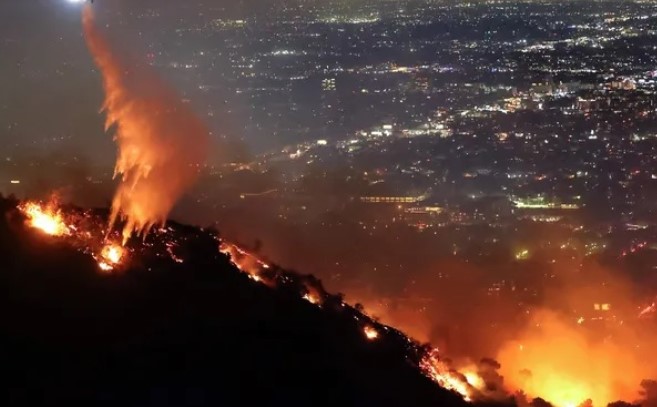
STRATEGIC ASSESSMENT-Ankara. Under Turkish President Recep Tayyip Erdogan, Turkey has expanded its military footprint abroad in an attempt to establish Ankara as a major player in numerous regional foreign policy scenarios. Turkey currently has troops deployed to Libya, while also maintaining some semblance of a military presence in a number of countries, including Syria, Iraq, Qatar, Afghanistan, and Somalia. Turkey maintains troops at bases in the Balkans and the Caucasus, and its navy is becoming far more active patrolling the Aegean and Mediterranean Sea, respectively, especially after a dispute emerged over access to energy reserves in the latter. Like Russian President Vladimir Putin, Erdogan sees it as his singular mission, if not his destiny, to restore his country’s once proud reputation as a global power capable of projecting influence throughout the Middle East and beyond.

Turkey has been strategic in its deployment of troops, seeking to insinuate its forces in countries which could prove advantageous in terms of securing lucrative contracts for oil exploration. In Libya, Turkey has supplied mercenaries and drones in an attempt to tip the balance of power in favor of the UN-recognized government in Tripoli. Turkish support has been critical to beating back Libyan warlord Khalifa Haftar, whose forces have suffered a string of losses, despite assistance from Russia, Egypt, and the United Arab Emirates. Turkish forces also remain highly active on the country’s borders, engaging in operations in both Syria and Iraq, primarily against Kurdish militants, some with links to the Kurdistan Workers’ Party (PKK), a terrorist group Ankara has been fighting for decades. In Somalia, Turkey maintains a sizable deployment of troops and advisers working to train Somali soldiers as the government in Mogadishu continues its counterinsurgency against the al-Qaeda-linked al Shabaab. Turkey recently entered the fray in Nagorno-Karabakh, where it deployed Syrian mercenaries to support Azerbaijan in the ongoing conflict with Armenia.
As the United States continues to draw down its own forces in South Asia, the Middle East, and the Horn of Africa, it will provide more opportunities for second-tier heavyweights like Turkey to fill the resulting power vacuum. Moreover, given how recent events have played out in Libya, Syria, and Nagorno-Karabakh, Erdogan may feel emboldened by what he perceives to be a string of Turkish tactical victories. This momentum could fuel further intervention, with the risk that Ankara becomes overstretched. After all, while Turkey’s more aggressive foreign policy has garnered attention, it has also come with a cost. Turkey’s purchase of the Russian made S-400 surface-to-air defense system led to widespread oppobrium from NATO, with Ankara subsequently being expelled from the F-35 fighter jet program as a result. Erdogan has made a deliberate effort to pursue closer ties with Russia and Putin, leading to speculation that Turkey has made a decision to turn its back on the West. Even still, Ankara and Moscow have clashed in Syria, and now find themselves on opposite sides in both Libya and Nagorno-Karabakh.
Turkey’s more active posture has resulted in recriminations throughout the region, leading to accusations that Erdogan is attempting to reconstitute the Ottoman Empire. Throughout the region, Erdogan has looked to position Turkey as the center of the Muslim world, challenging Saudi Arabia’s status as the vanguard of Sunni Islam. Domestically, Erdogan has tightened his grip on power, cracking down on civil society and the media, silencing critics and political opponents, and making religion a more central component of daily life in a country long known for its strong secular foundation dating back to Mustafa Kemal Ataturk, the country’s founder. But Turkey is also spending more money on its military at a time when its economy is struggling domestically. In turn, this has led to unrest at home and a growing sense of despair among segments of the Turkish population who see Turkish military adventurism as frivolous, having more to do with Erdogan’s vanity project of burnishing Turkey’s image abroad than with helping the country’s citizens (TSC).





